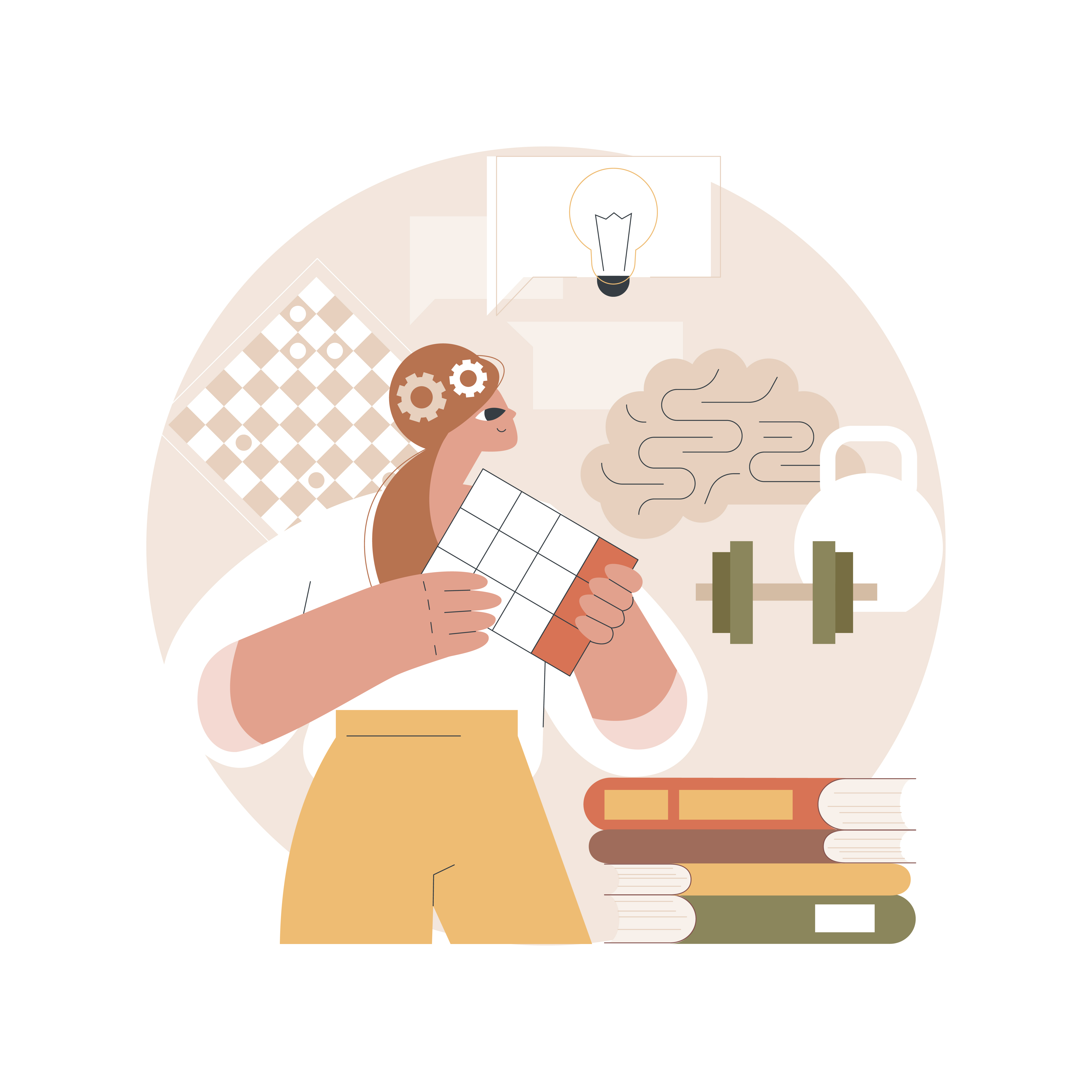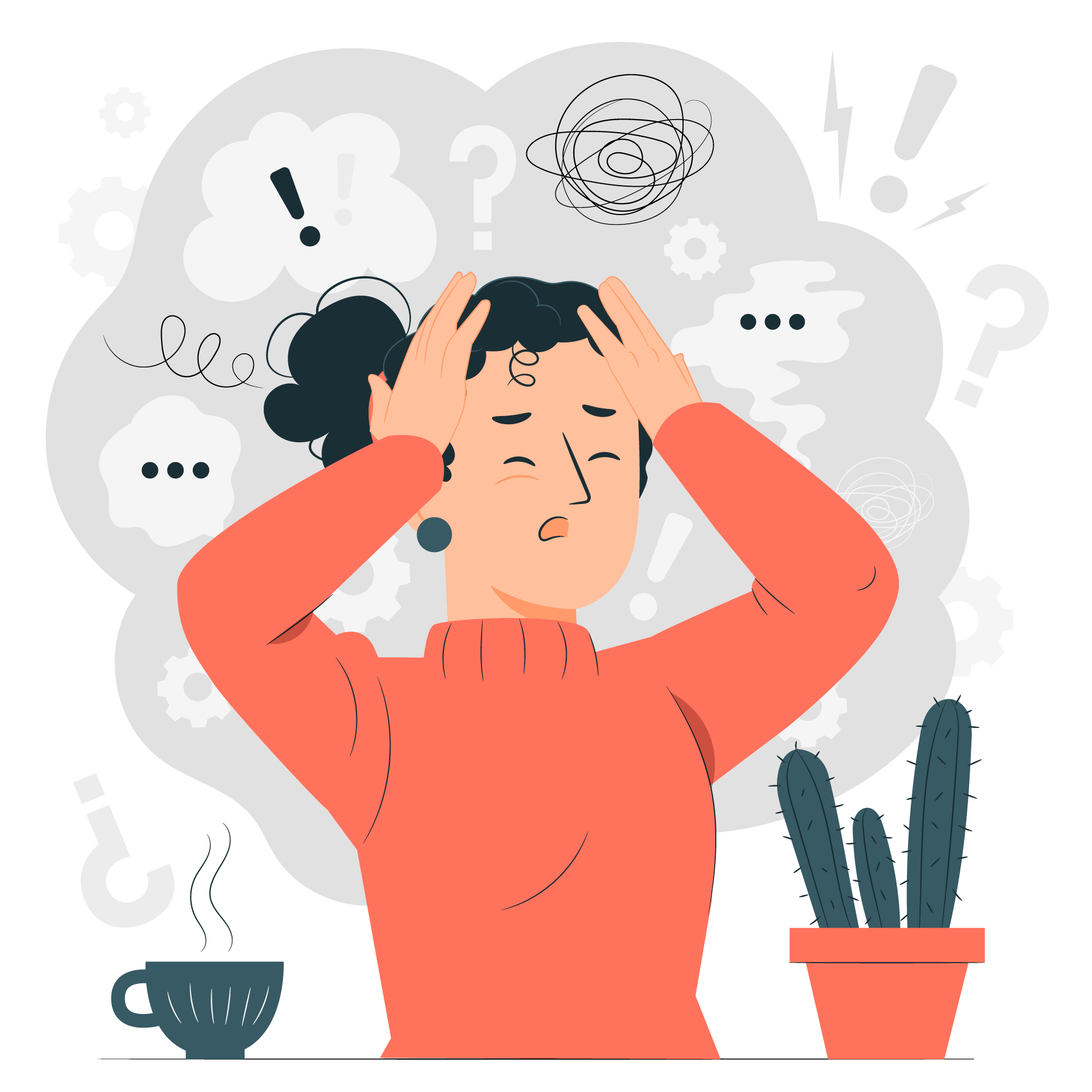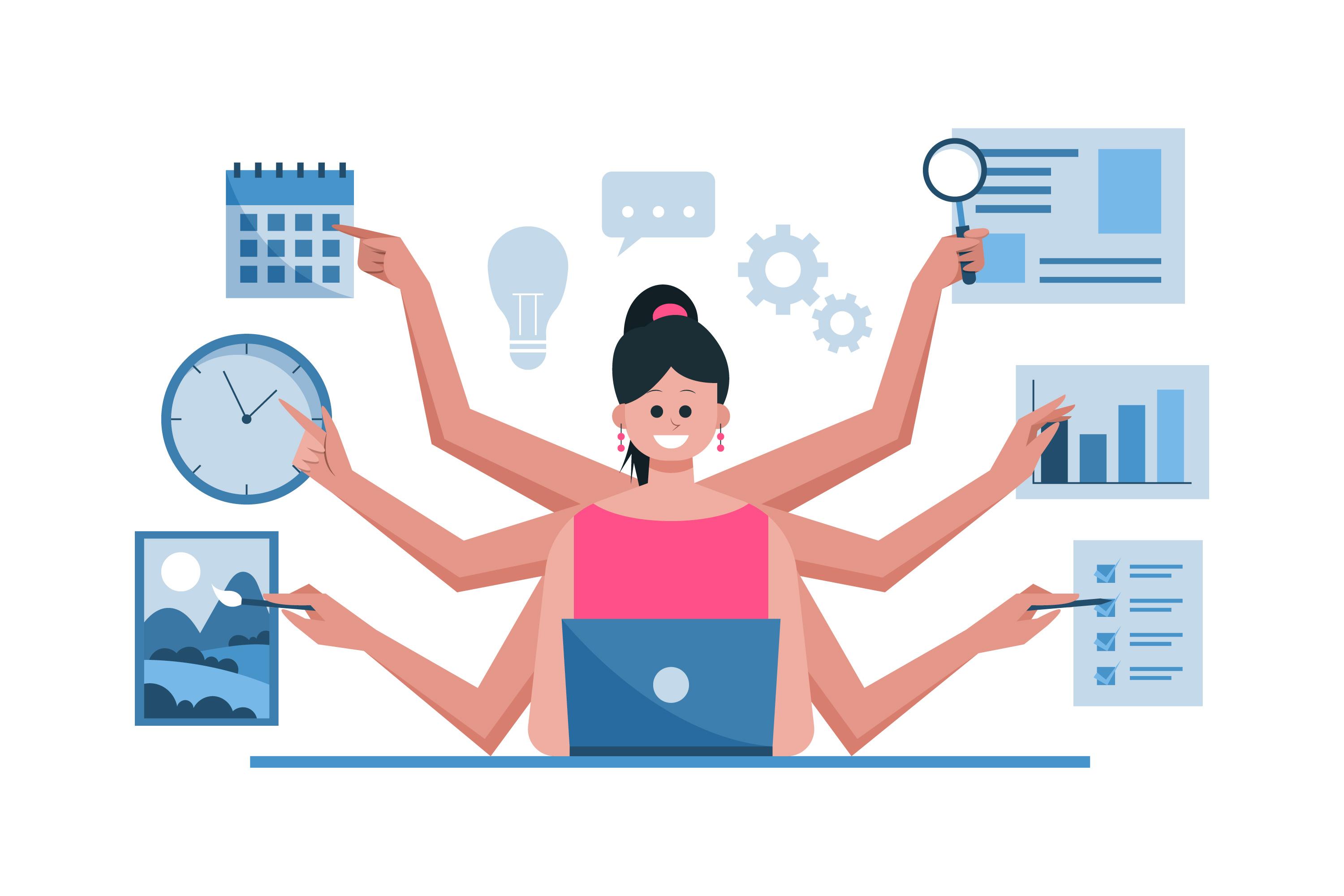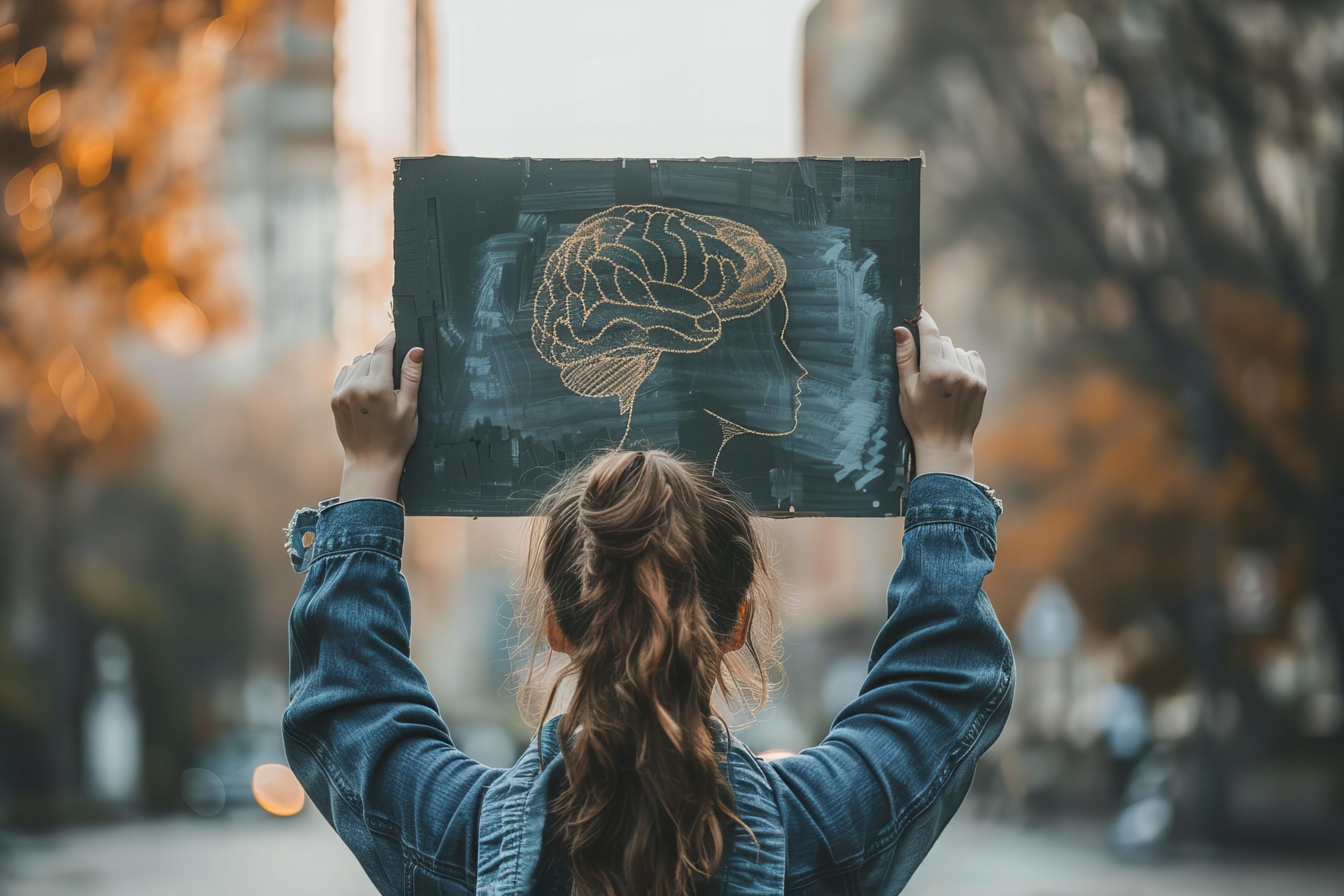
Today we are used to multitasking, to such an extent that it is considered a useful and required quality in the working world. It is often assumed that the more the brain is engaged in different activities, the more intelligent a person will be, but is that really the case? Let's see it together in this article.

What multitasking means
The phenomenon of multitasking refers to the set of behaviors that lead the person to be engaged in two or more different activities at the same time and is often activated spontaneously and unconsciously. The term originates from computer science, according to which multitasking is the ability of an operating system to perform multiple tasks simultaneously.
Multitasking seems to be omnipresent in the current social and cultural context, in fact, this phenomenon is considered the consequence of the current society, based more and more on speed and quantity, for which it is required to produce more and more products in the shortest possible time.
Studies on this phenomenon are quite recent and deal with understanding what effects it can have on intelligence and productivity and above all how it occurs in different people.

Are we all multitaskers?
The American Sociological Review has published the results of a large study that found differences in the perception that women and men have of working multiple jobs at the same time. The results show that mothers are the ones who most frequently perform more than one job and that multitasking is more negative than fathers.
While the ability to multitask is highly valued in various industries… The reality is quite different. For many years, it was believed that women's brains were anatomically different from men's; recent studies have shown not only that this anatomical difference does not exist, but that the ability to concentrate between women and men as regards multitasking is very similar in a negative sense: we are not capable of it.
Human beings, in fact, are not capable of performing two actions involving the same areas of the brain at the same time. We can perform automatic actions like breathing or listening to music, but we can't study and respond to cell phone notifications at the same time.
What usually happens is that we "disintegrate our attention", in simple words, we divide our attention into two different activities that require the work of two different areas of our brain (for example: listening to music and breathing at the same time).
Does multitasking make people more intelligent?
But let's get straight to what interests us, does multitasking increase our intellectual capacity? Many studies show the opposite and rather than making us intelligent, it makes us more stressed, while there are no studies that demonstrate how the prolonged use of multitasking has increased people's IQ.
Earl Miller, an MIT neuroscientist and one of the world's leading experts on divided attention, says our brains aren't wired well to multitask, even though we think we're doing a lot of things. Ironically, multitasking blatantly makes us less efficient. Multitasking creates a vicious cycle of dopamine addiction, effectively rewarding the brain for losing focus and seeking external stimulation. To make matters worse, the prefrontal cortex has a "gadget bias," meaning its attention can easily be distracted by something new.
The mere opportunity to multitask is detrimental to cognitive performance. You can consult this interesting article: https://www.linkedin.com/pulse/why-smart-people-dont-multitask-dr-travis-bradberry
How multitasking affects negatively our brain
Glenn Wilson, a former psychology lecturer at Gresham College in London, calls it infomania. His research found that being in a situation where you're trying to focus on a task, and you have an unread email in your inbox can reduce your effective IQ by 10 points. Russ Poldrack, a neuroscientist at Stanford, says that in the process of learning while multitasking new information is directed to the wrong part of the brain.
Then there are the metabolic costs. Asking the brain to shift attention from one activity to other forces the prefrontal cortex and striatum to burn oxygenated glucose, the same fuel they need to stay focused on tasks.
This leads to compromises in cognitive and physical performance. Among other things, repeated task switching leads to anxiety, which increases levels of the stress hormone cortisol in the brain, which in turn can lead to aggressive and impulsive behavior. Then there is the problem of the decisions to be taken which in multitasking is amplified dramatically causing a kind of short circuit.
One of the first things we lose is impulse control, a state of impoverishment quickly sets in where, after making a lot of meaningless decisions, we risk ending up making bad decisions about something important. So, to sum up, the use of multitasking causes an impoverishment of some of our cognitive abilities and more than decreasing intelligence (although Wilson's study has shown it) it leads to an increase in stress.

Are there any positives too?
The positive aspects are more of a working nature linked to productivity, rather than related to intellectual ability; in fact, it allows us to fight boredom, improve work performance and avoid wasting time during any waiting times during the working day. In addition to this, multitasking makes us feel better, this is because when we perform multiple activities at the same time, we stimulate our brain with new and different actions.
This causes the brain to generate dopamine, the happiness hormone that activates and stimulates us, making us feel happier, faster and more determined. But if multitasking makes us feel this way, why is it bad? Because this is what the brain does when it receives immediate pleasure, the brain is addicted to this feeling of short-term gratification; moreover, multitasking causes us, at the same time as the production of dopamine, also the production of cortisol by the brain, i.e., the stress hormone. Here is a quick article that you can read: https://www.iberdrola.com/talent/multitasking#

Alpha Solutions
Alpha Solutions is a company that offers many services such as content writing, illustration and design, administrative assistance, and many more! The team is made up of passionate young people, with excellent organizational and working skills. You can read many interesting articles on the official website about different topics, here we suggest another interesting article related to a similar topic: https://alphasolutions.pw/how-to-maintain-your-work-life-balance/
Related Posts
Developing Soft Skills for Better Interviews and Client Relationships
When you deliberately invest in freelance soft skills development, you increase your chances of winning…
Key Skills to Excel as a Freelance Virtual Assistant
The role of virtual assistant is one of the few professions that is not threatened…
Enhancing Interviews with Emotional Intelligence and Non-Verbal Communication
Job interviews are not just about professional experience; 70% of success is emotional intelligence in…
Effective Communication Strategies for Remote Teams
Effective communication is essential in any type of work, but when it comes to remote…








 test
test
